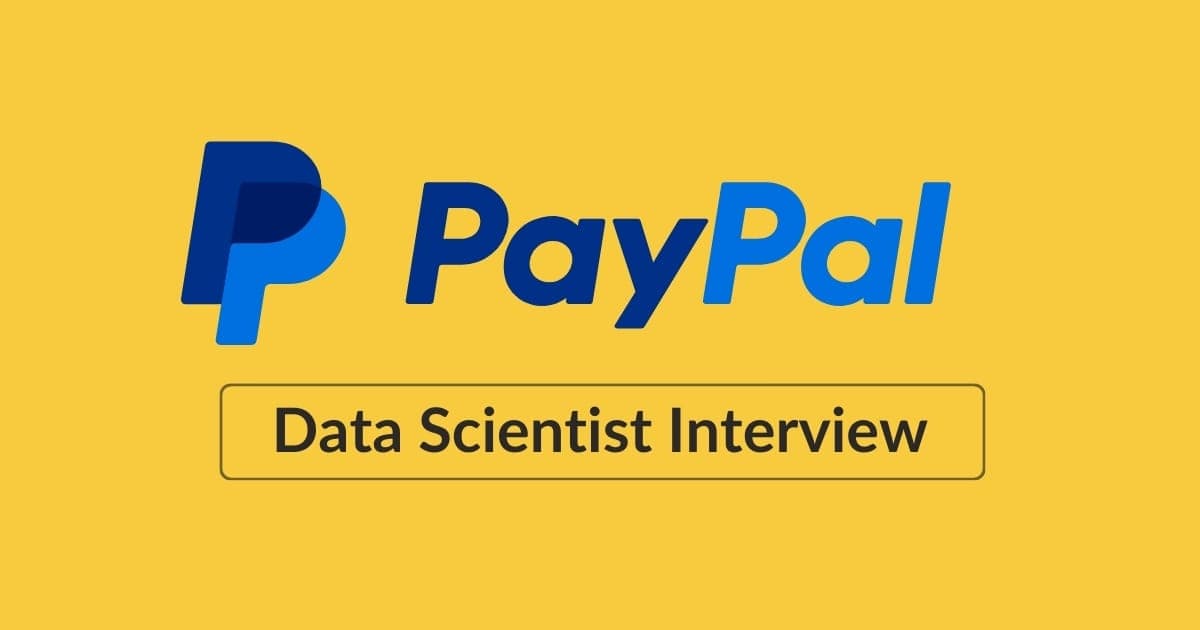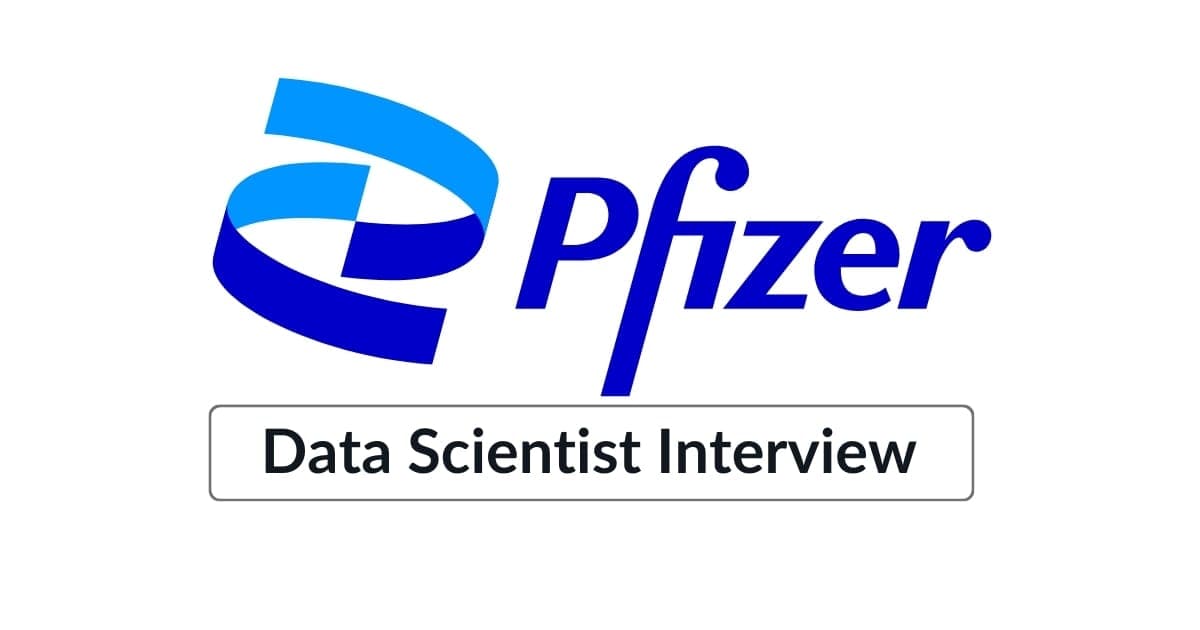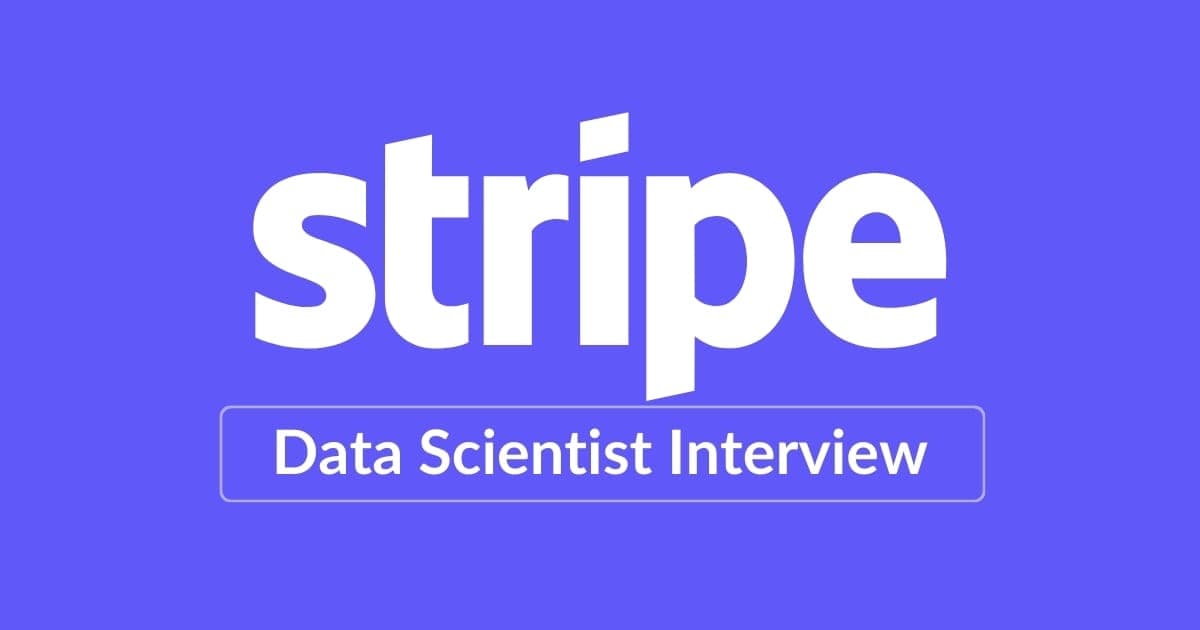Instacart, an industry leader in online grocery delivery, provides a dynamic opportunity for data scientists to solve complex, real-world problems, making it an attractive destination for aspiring data professionals. This comprehensive guide will walk you through the Instacart Data Scientist interview process, covering the job role, interview stages, sample questions, and preparation strategies to help you succeed.
1. Instacart Data Scientist Job
1.1 Role Overview
As a Data Scientist at Instacart, you’ll play a crucial role in refining the online grocery shopping experience. The company is looking for strategic thinkers who can work collaboratively to make impactful, data-driven decisions. In this role, you’ll tackle various marketplace challenges, from optimizing shopper pay and incentives to balancing marketplace dynamics.
Key Responsibilities:
- Experimentation and Analysis: Design, conduct, and interpret A/B tests to guide product decisions.
- Model Development: Build statistical models and simulations to analyze trends and forecast product impacts.
- Product Insights: Develop analytical frameworks that drive key decisions and inform user experience improvements.
- Data Democratization: Create dashboards and data tools that help teams access insights and make informed decisions.
Skills and Qualifications:
- Experience: 6+ years in a quantitative role, preferably in a tech or product-focused environment.
- Technical Proficiency: Advanced knowledge in SQL and Python or R, and experience with statistical modeling and machine learning.
- Educational Background: A Master’s or PhD in Statistics, Economics, Applied Mathematics, or a related field is preferred.
- Domain Knowledge: Familiarity with A/B testing and experience building models that reach production.
1.2 Compensation and Benefits
Instacart offers highly competitive salaries and benefits. Data Scientist compensation at Instacart varies based on level:
| Level | Role | Total Compensation | Base Salary | Stock (/yr) | Bonus |
|---|---|---|---|---|---|
| L3 | Data Scientist 1 | — | — | — | — |
| L4 | Data Scientist 2 | $260K | $176K | $84.3K | $0 |
| L5 | Senior Data Scientist 1 | $365K | $191K | $157K | $16.7K |
| L6 | Senior Data Scientist 2 | $411K | $222K | $182K | $6K |
Compensation packages include base salary, stock options, and bonuses, with additional perks like health benefits, professional development funds, and remote work options.
When negotiating compensation, it's important to highlight your unique skills and experiences that align with Instacart's needs, and be prepared to discuss how you can contribute to their strategic goals.
2. Interview Process and Timeline
Average timeline: 4-6 weeks
2.1 Resume Screen (1-2 Weeks)
The first step in Instacart’s Data Scientist interview process is the resume screen, where recruiters assess whether your experience aligns with the role's requirements. This stage is competitive, so it’s essential to tailor your resume to reflect skills that Instacart values.
What Instacart Looks For:
- Strong proficiency in SQL, Python, or R
- Hands-on experience with statistical analysis, A/B testing, and model deployment
- Quantitative skills demonstrated through experience with large datasets and deriving actionable insights
Tips for a Standout Resume:
- Emphasize relevant keywords like “data manipulation,” “statistical modeling,” and “A/B testing” to catch the recruiter’s eye.
- Showcase specific accomplishments in product analytics or experimentation that highlight your problem-solving abilities.
- Mention any experience in e-commerce or on-demand delivery services, as these directly apply to Instacart’s environment.
- For additional resume help, our Personalized Coaching service connects you with experts who can help you tailor your resume for the Instacart role.
2.2 Recruiter Phone Screen (30 Minutes)
The recruiter phone screen is a conversational interview where you’ll discuss your background, interest in the role, and the basic structure of the interview process. This is an opportunity to showcase your excitement about Instacart and your alignment with the company’s mission to make grocery shopping effortless.
Preparation Tips:
- Be prepared to discuss how your skills in SQL, Python, and statistical analysis have impacted past projects.
- Highlight any experience with data-driven decision-making or product analytics.
- Show that you’re eager to solve real-world problems in a fast-paced, data-rich environment.
Example Questions:
- “What draws you to Instacart and this particular role?”
- “Can you describe a challenging project where data analysis was central to the outcome?”
- “How have you used data insights to influence a decision in past roles?”
2.3 Technical Screen (60 Minutes)
The technical screen at Instacart typically involves a 60-minute session focused on SQL, Python, and statistics. A senior team member will assess your problem-solving abilities through live coding and data manipulation tasks.
Focus Areas:
- SQL Skills: Expect to solve problems that test your knowledge of joins, aggregations, and window functions.
- Statistics and Data Analysis: Be ready to discuss statistical concepts, interpret A/B test results, and demonstrate analytical frameworks.
Preparation Tips:
- Practice writing SQL queries to handle complex data manipulation tasks and ensure efficiency. Use our SQL Practice Pad for hands-on SQL preparation that mirrors real interview environments.
- Review statistical methods, especially those relevant to experimentation, such as p-values, confidence intervals, and error types.
- Familiarize yourself with Instacart’s business model to better contextualize product-related questions.
2.4 Onsite Interviews (4-5 Rounds)
Instacart’s onsite (or virtual onsite) interview spans approximately 3-4 hours, involving 4-5 rounds with team members, including data scientists, product managers, and engineers. This stage assesses technical proficiency, product sense, behavioral fit, and collaboration skills.
Interview Types:
- Technical Interviews: Focus on advanced SQL queries, statistical analysis, and data manipulation tasks.
- Product Case Studies: Analyze real-world business scenarios to demonstrate how you derive actionable insights and translate them into product recommendations.
- Behavioral Interviews: Share experiences that highlight your adaptability, teamwork, and alignment with Instacart’s values.
Preparation Tips:
- Practice structuring your responses to product cases to demonstrate clear, data-driven thinking.
- Brush up on SQL in a live coding environment to improve your speed and accuracy.
- Reflect on past projects to prepare examples that showcase your ability to work cross-functionally and manage ambiguity.
- If you want structured interview prep across these key areas, consider joining our Data Science Interview MasterClass and Subscription program, which contains detailed business cases, 200+ interview questions, and video lessons.
3. Question Types and Examples
Based on data from numerous reported interviews
3.1 Product / Business Cases Questions
These questions assess your ability to apply data science to real-world business problems and product development.
- How would you measure the success of a new feature introduced on the Instacart app?
- If Instacart wanted to reduce order-to-delivery time, what data would you analyze, and what metrics would you use?
- How would you approach designing a recommendation system for Instacart's shoppers?
- What strategies would you suggest to increase customer retention on the Instacart platform?
- Instacart wants to introduce a loyalty program. How would you evaluate its potential impact on revenue?
Focus on structuring your answers clearly, using data-driven insights to support your recommendations.
3.2 Statistics Questions
These questions test your understanding of statistical concepts and their application in experiments and data analysis.
- Explain the difference between Type I and Type II errors. How would you control them in an experiment?
- How would you determine the sample size required for an A/B test on Instacart?
- What is p-value, and how would you interpret it in the context of an A/B test result?
- Explain the concept of confidence intervals and how they are useful in making business decisions.
- How do you handle confounding variables in an experiment or observational study?
Be prepared to explain statistical concepts in simple terms and demonstrate how you apply them in practical scenarios.
3.3 Machine Learning Questions
These questions evaluate your knowledge of machine learning techniques and their application to Instacart's business challenges.
- How would you build a model to predict a customer's likelihood of ordering again within 30 days?
- Describe a time when you used feature engineering to improve a machine learning model’s performance.
- How do you handle imbalanced datasets in a classification problem?
- Explain the differences between supervised and unsupervised learning with examples relevant to Instacart.
- What is regularization, and why is it useful in machine learning models?
Discuss your approach to model building, including feature selection, evaluation metrics, and handling data challenges.
3.4 SQL Questions
SQL questions assess your ability to manipulate and analyze data using complex queries.
ORDER Table:
| OrderID | CustomerID | OrderDate | TotalAmount |
|---|---|---|---|
| 1 | 101 | 2023-10-01 | 50.00 |
| 2 | 102 | 2023-10-02 | 75.00 |
| 3 | 101 | 2023-10-03 | 100.00 |
ITEM Table:
| ItemID | ItemName | OrderID | Quantity |
|---|---|---|---|
| 1 | Organic Banana | 1 | 2 |
| 2 | Milk | 1 | 1 |
| 3 | Bread | 2 | 1 |
CUSTOMER Table:
| CustomerID | Name | JoinDate |
|---|---|---|
| 101 | Alice | 2023-09-15 |
| 102 | Bob | 2023-09-16 |
- Write a query to find the top 10 most frequently ordered items on Instacart.
- How would you write a query to calculate the average order value for each customer over the past year?
- Write a query to find users who haven't ordered anything in the last 30 days.
- How would you identify the day of the week with the highest volume of orders?
Practice writing efficient SQL queries and be ready to explain your logic and optimization strategies.
4. How to Prepare
4.1 Master Instacart’s Business Model
To succeed in product-focused interviews at Instacart, it's essential to understand their business model and the unique marketplace they operate in.
Instacart is a three-sided marketplace that connects consumers, shoppers, and retailers through an on-demand grocery delivery service. Familiarize yourself with how these groups interact and the specific challenges involved, like balancing demand with shopper availability and ensuring timely deliveries.
Knowing these dynamics will allow you to approach open-ended product case questions with insight into Instacart's ecosystem.
4.2 Master Instacart’s Product Metrics
In addition to understanding the business model of Instacart, it's vital to understand the core KPIs that Instacart tracks for success. These are:
- Order Fulfillment Rate: Measures the percentage of orders fulfilled on time, crucial for customer satisfaction and operational reliability.
- Average Delivery Time: Tracks the time from order placement to delivery, highlighting logistics efficiency and impacting user experience.
- Customer Retention Rate: Indicates the percentage of returning customers, a key factor in evaluating customer loyalty and long-term growth.
- Shopper Utilization Rate: Assesses how efficiently Instacart manages its shoppers to balance supply and demand across different regions.
- Gross Merchandise Volume (GMV): Represents the total sales volume processed through Instacart, an important indicator of business growth and scalability.
4.3 Align with Instacart’s Mission and Values
Project the values of Instacart during recruiter screen and behavioral interviews.
- Instacart’s Mission: Their goal is to make grocery shopping effortless, giving customers more time to enjoy their lives.
- Core Values: Instacart values innovation, customer-centricity, and collaboration.
- Showcase Your Fit: Before the interview, reflect on how your past experiences align with these values. Prepare specific examples of times when you demonstrated customer focus, adaptability, or teamwork. This will help you confidently handle behavioral questions and demonstrate cultural fit.
4.4 Strengthen Your SQL and Coding Skills
Given the technical rigor of Instacart’s Data Scientist interviews, it's crucial to be well-prepared for SQL and coding assessments. Brush up on SQL fundamentals, particularly:
- Joins
- Aggregations
- Rank, Dense Rank, Row Number
- Partition By
These are common in data science interviews. Practice writing efficient queries in a live coding environment to simulate real interview conditions.
4.5 Practice with a Peer or Interview Coach
Working with a practice partner or interview coach can significantly elevate your readiness for Instacart’s interview. A partner can help simulate interview conditions, providing feedback on your clarity and structure. For personalized feedback, consider engaging with professional coaching services, like those at DataInterview.com Coaching, to receive targeted advice and refine your responses. Practicing with others can enhance your confidence, improve your communication, and help you anticipate common questions.
5. Additional Resources
- Official Company Resources: Instacart's career page and blog.
- Recommended Reading: Books on data science, machine learning, and SQL, and DataInterview Subscription program.
- Practice Platforms: SQL Practice Pad.
6. FAQ
- What is the typical interview process for a Data Scientist at Instacart? The process includes a resume screen, recruiter phone screen, technical interviews, and onsite interviews, typically spanning 4-6 weeks.
- What skills are essential for a Data Scientist role at Instacart? Proficiency in SQL, Python, statistical analysis, and experience with A/B testing are crucial.
- How can I prepare for the technical interviews? Practice coding and data analysis problems, focus on SQL and Python, and review statistical concepts.
- What should I highlight in my resume for Instacart? Emphasize relevant experience, technical skills, and achievements that align with the job description.
- How does Instacart evaluate candidates during interviews? Candidates are assessed on technical skills, problem-solving abilities, product sense, and cultural fit.
- What is Instacart's mission? Instacart aims to make grocery shopping effortless, providing convenient access to food and more time for customers to enjoy it.
- What are the compensation levels for Data Scientists at Instacart? Compensation ranges from $260K to $411K annually.



